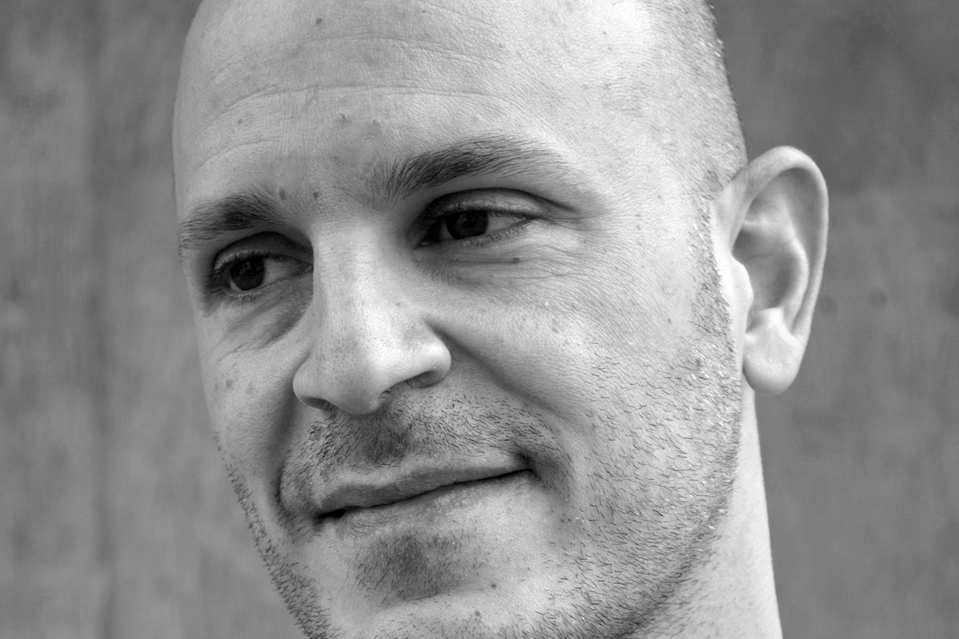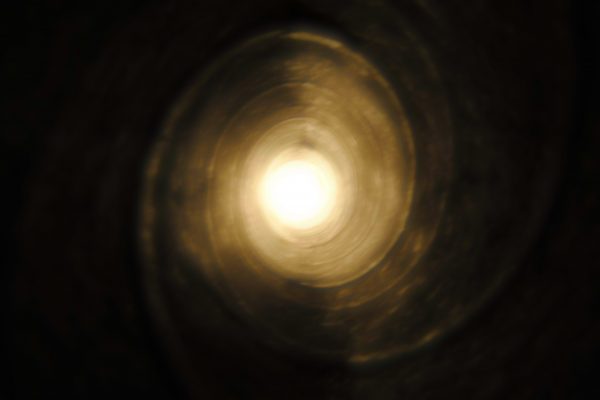In 2007 Louise Glück selected Fady Joudah as the winner of the distinguished Yale Series of Younger Poets competition. In a foreword to his debut poetry collection published the following year, The Earth in the Attic, she called Joudah a “lyric poet in whom circumstance and profession . . . have compelled obsession with large social contexts and grave national dilemmas.” Since then, Joudah has published five more collections of poetry, won numerous awards, and translated several volumes of poetry by Palestinian writers, among them Mahmoud Darwish, perhaps the best-known Palestinian poet in the English-speaking world.
Born in Texas to parents of the Palestinian diaspora, Joudah spent his early life in Libya and Saudi Arabia before returning to the United States to complete medical training. He now lives in Houston, where he works as an internal medicine physician while continuing to publish poetry. In a recent conversation, Boston Review spoke with Joudah about his forthcoming collection, […], which will be published by Milkweed Editions in March.
Read two poems from […] here.
BR: Your new book appears at a moment of unprecedented devastation in Gaza. Can you tell us about the circumstances of its composition? What was it like to write this book—and at this moment?
FJ: It wasn’t a conscious decision to write this book. I couldn’t help it. I needed to survive the hours of experiencing my annihilation livestreamed. Catching my cousin, for example, wail over her two killed sons. Corresponding with writers who Israel later assassinated, or who disappear into silence. I wrote most of the poems and composed the entire book in the months of October through December last year, the first three months of the carnage of Gaza. To do so is as much a reflection on my life as a writer as it is on my being as a Palestinian, especially in English. The merry-go-round of the Palestinian tragedy is, in part, a function of the denial it encounters in English. There is little meaningful believability applied to what Palestinians have been speaking for decades. From this, erasure and ghosting of Palestinians follow. In other words, I have been living, speaking, and writing these poems for years. But to say the poems needed a genocide to write them? The believability index for a Palestinian in English has risen a little over the last four months. It is disturbing to notice that some solidarity is not much more than guilt over complicity. It remains largely unimaginable in English that a Palestinian knows and has known what they are talking about. We are neither prophets nor mad. The simple truth is sometimes the hardest to see and accept.
BR: You join a long line of poets who are also physicians—John Keats and William Carlos Williams; more recently, Rafael Campo, among others. Do you see a relationship between the craft of medicine and the craft of poetry? Are these practices connected for you—in the routines of daily life, or in philosophical or political substance?
FJ: Poetry comes before medicine. I was born with a predilection for poetry in the mind. I knew this since I was a boy. Medicine came later, but it did so with an idea toward healing, compassion, less so “invention.” Of course, the major overlap zone between poetry and medicine is over life and death. Diagnosis and prognosis. Necropolitics and biopolitics. Poetry and medicine are nothing without the human body, its aspirations, its desires to possess and be possessed, to reconcile the inevitability of being on earth and eventually in or out of it. All our thoughts and counterthoughts begin from the body. Maps and politics included. Recently, my dog contracted diabetes. We provide his insulin. Weekly, I care for people in the hospital who can’t afford their insulin. The health care situation in Gaza is a result of unspeakable cruelty. All people experience the agony of grief and the ecstasy of survival through their bodies. In this book, I reclaim my death from the powers and politics that see me only through the death they deliver to my Palestinian body.
BR: You described this project as not just about “Palestinian presence but also about linking that to aesthetics, to Palestinian presence through art.” How do you connect the lyrical voice you use in your poetry and Palestinian aesthetics?
FJ: English writes the Palestinian presence through censorship and surveillance. At best, my voice, as I say in one of the poems, is “housed in glass.” The space I am given is a curated space. I am on display, digestible. But how much can a voice be heard when it is sealed, made “for viewing only,” for “enabled editing”? Through art, in a time of genocide on livestream, I am leaving a record of a Palestinian’s words beyond the documentary and outside the audition for my humanity in English, which in any case is more easily received when I am consigned to a spectral existence. I found it easy to juxtapose poems of desire, eros, and ecology with those of disaster. I wanted to write a book of survivance. An active life. I am and I am not a ghost. Gaza is also itself and more. It is Hiroshima, Srebrenica, Kigali, and other names before it and, sadly, yet to come. English can play peekaboo with itself about Palestine. But it will eventually accept that covering its eyes does not mean Gaza and Palestine will go away. In the book, I also correspond with Islamic lore as it honorably relates to Moses and Joseph, for example. I correspond with classical Arabic literature about the meaning of being. And I also ask, “Who has not lived / the passing / of all thought / through the language of love?”
BR: In a poem in […], you write: “From time to time, language dies. It is dying now.” Who is alive to speak it? Can you say something about the process or writing in face of wordlessness? Do you write in English as well as Arabic? What informs your choice?
FJ: Language dies when it is no longer able or willing to decode the petrified, the coded. Language dies when it is too certain of itself. Language dies when totalitarian thinking convinces us that it is not totalitarian thought, because we are eternally incapable of totalitarian thought. Language dies when the memory that speaks it rots. How can I describe to you my feelings as I hear the accent of people in Gaza living through the unspeakable? I grew up with that accent “in my mother’s milk,” as it were. I will not be the only one alive to speak it. As for my relationship to Arabic and English, I live in both. They inform each other. It is a great feeling to exist in the domain where languages no longer discern or insist on where one begins and the other ends. This is how language lives.
Boston Review is nonprofit and relies on reader funding. To support work like this, please donate here.






